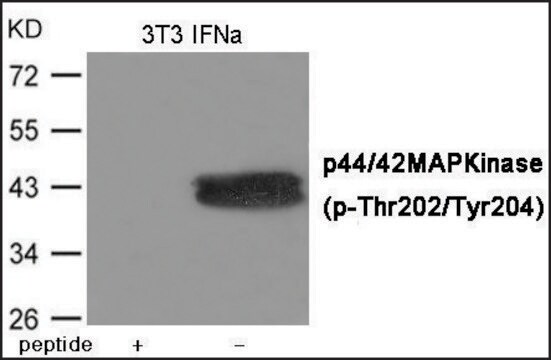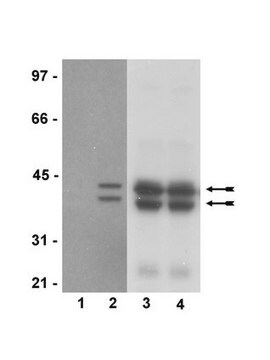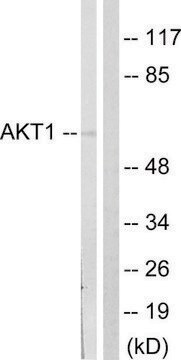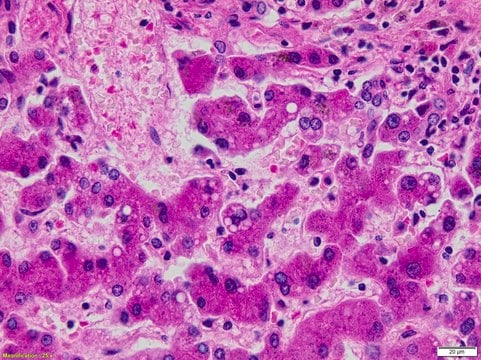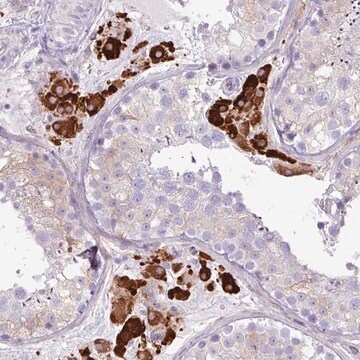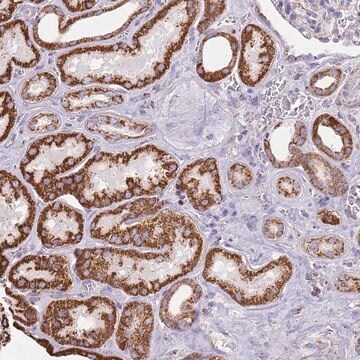EMU015011
MISSION® esiRNA
targeting mouse Akt1
About This Item
Productos recomendados
descripción
Powered by Eupheria Biotech
Nivel de calidad
Línea del producto
MISSION®
Formulario
lyophilized powder
secuencia objetivo ADNc esiRNA
AACGATGGCACCTTTATTGGCTACAAGGAACGGCCTCAGGATGTGGATCAGCGAGAGTCCCCACTCAACAACTTCTCAGTGGCACAATGCCAGCTGATGAAGACAGAGCGGCCAAGGCCCAACACCTTTATCATCCGCTGCCTGCAGTGGACCACAGTCATTGAGCGCACCTTCCATGTGGAAACGCCTGAGGAGCGGGAAGAATGGGCCACCGCCATTCAGACTGTGGCCGATGGACTCAAGAGGCAGGAAGAAGAGACGATGGACTTCCGATCAGGCTCACCCAGTGACAACTCAGGGGCTGAAGAGATGGAGGTGTCCCTGGCCAAGCCCAAGCACCGTGTGACCATGAACGAGTTTGAGTACCTGAAACTACTGGGCAAGGGCACCTTTGGGAAAGTGATTCTGGTGAAAGAGAAGGCCACAGG
Ensembl | nº de acceso | ratón
Nº de acceso NCBI
Condiciones de envío
ambient
temp. de almacenamiento
−20°C
Información sobre el gen
mouse ... AKT1(11651) , Akt1(11651)
Descripción general
For additional details as well as to view all available esiRNA options, please visit SigmaAldrich.com/esiRNA.
Información legal
Código de clase de almacenamiento
10 - Combustible liquids
Punto de inflamabilidad (°F)
Not applicable
Punto de inflamabilidad (°C)
Not applicable
Elija entre una de las versiones más recientes:
Certificados de análisis (COA)
¿No ve la versión correcta?
Si necesita una versión concreta, puede buscar un certificado específico por el número de lote.
¿Ya tiene este producto?
Encuentre la documentación para los productos que ha comprado recientemente en la Biblioteca de documentos.
Nuestro equipo de científicos tiene experiencia en todas las áreas de investigación: Ciencias de la vida, Ciencia de los materiales, Síntesis química, Cromatografía, Analítica y muchas otras.
Póngase en contacto con el Servicio técnico

